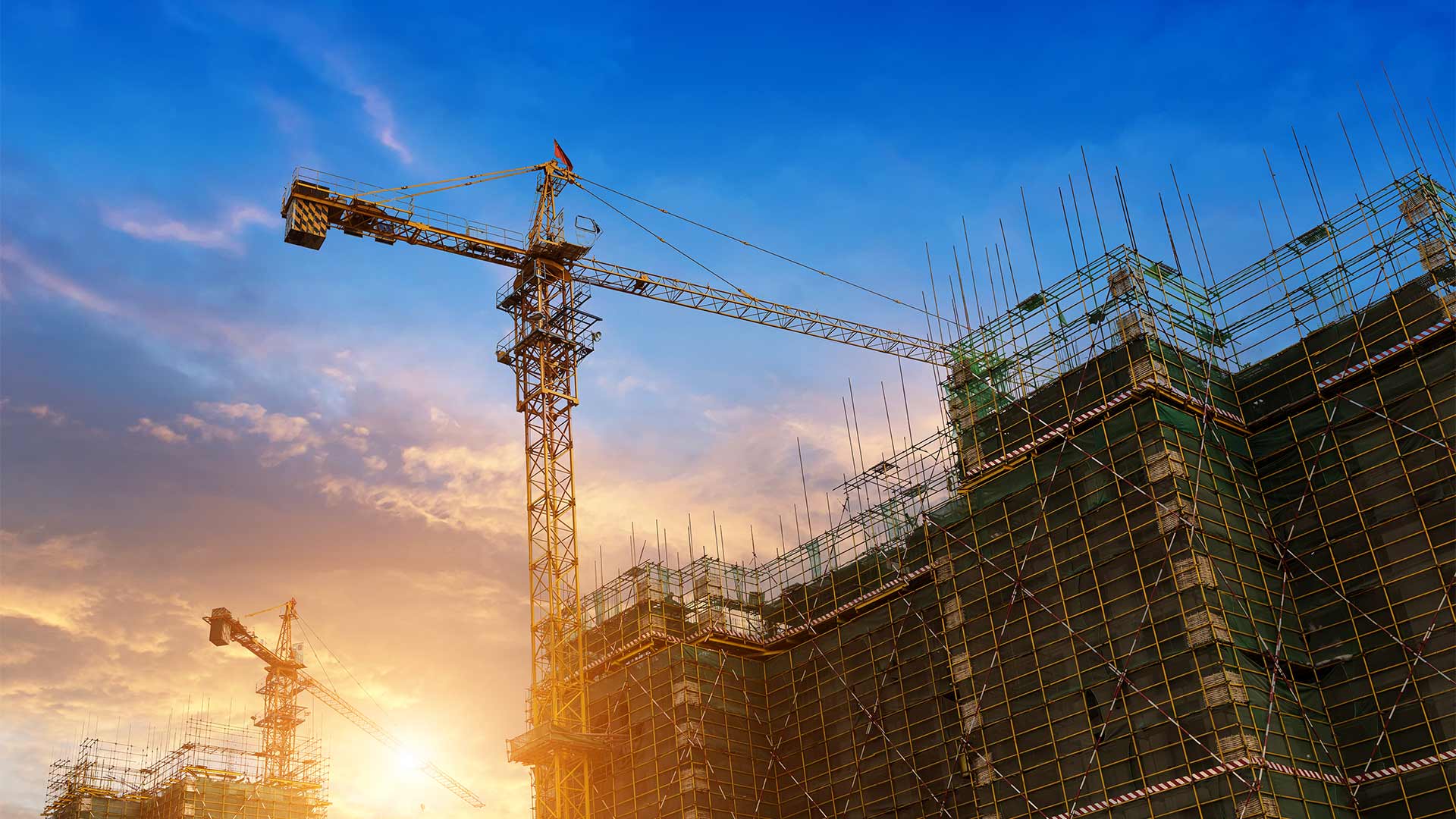
Publication
International arbitration report
In this edition, we focused on the Shanghai International Economic and Trade Arbitration Commission’s (SHIAC) new arbitration rules, which take effect January 1, 2024.


Middle East | Publication | junio 2022
This chapter is featured in Chambers and Partner’s 2022 Construction Law Practice Guide, published in June 2022. Partners Nicholas Kramer and Paul Stothard, counsel Aarti Thadani, and associate Ahmed Bobat authored the United Arab Emirates chapter.
An extract of this chapter can be found below.
The United Arab Emirates is a civil law country that follows a Civil Code. The law is a codified established comprehensive legal framework that governs most eventualities.
Dubai is bound by both the federal laws of the UAE and laws specific to the Emirate of Dubai. The main federal law is the Civil Transactions Code Federal Law No 1 of 1985 (as amended) ("the Civil Code").
Dubai has numerous standards, regulations, guidelines, codes of practice and circulars issued by Dubai Municipality and the free zones of TECOM and JAFZA in relation to building standards in their relevant jurisdictions. These include building standards, environment, health and safety guidelines and other technical conditions.
Administrative Resolution No 125 of 2001 concerning the adoption of Building Regulations and Standards provides a detailed technical discourse about how to build in Dubai Municipality-governed areas. There are also similar standards for TECOM and JAFZA areas.
Health and safety provisions fall under Federal Law No 8 of 1980 (as amended) ("the Labour Law") as well as employment-related matters, numerous regulations, codes of practice and specific technical guidelines.
For local projects, the most common form of construction contracts in the UAE are the International Federation of Consulting Engineers (FIDIC) forms of contract. These have an employer-contract relation. These include:
In the UAE, the predominant forms are the first editions (published in 1999). The FIDIC Red, Yellow and Silver Books are collectively referred to as the “Rainbow Suite”.
Bespoke construction/EPC contracts are generally used in the power and water sector projects, as well on PPPs.
It is common for local developers to develop their own suite of standard form construction contracts, which are often based on the FIDIC forms.
The construction industry is vital to the UAE’s economy. Following COVID-19, the industry faced several challenges such as schedule delays, disrupted cash flows, delayed permits, approvals and inspections, travel restrictions, health and safety concerns, and material and equipment shortages, among others, which hindered the timely delivery of construction projects.
At the introduction of the sterilisation lockdown in response to COVID-19, the government deemed construction to be a “vital sector”, exempting it from government restrictions. This meant that construction sites were permitted to remain operational and workers could continue to work on site, subject to obtaining a permit from the Dubai Municipality and the Permanent Committee for Labour Affairs.
In order to support the construction sector, the government introduced various measures. The UAE Ministry of Human Resources and Emiratisation has permitted employers to make temporary changes to employment terms, imposed compulsory precautionary measures to ensure the health and safety of employees in the workplace and to provide onsite labour accommodation. The Dubai Municipality also issued a directive applying to all labour accommodation and construction sites in Dubai requiring measures to be implemented regarding accommodation and transportation of workers.
The Dubai Development Authority (DDA) has taken steps to mitigate the impact of COVID-19 such as through the creation of a digital portal to process all engineering services, moving standard business practices to electronic means (eg, registration and licensing service requests and electronic format approvals and documents issued by the DDA). These efforts proved effective in supporting the construction industry against the adverse effects of the pandemic.

Publication
In this edition, we focused on the Shanghai International Economic and Trade Arbitration Commission’s (SHIAC) new arbitration rules, which take effect January 1, 2024.

Publication
On September 18, 2024, the "Decree amending the list that sets forth goods whose import and export are subject to regulation by the Ministry of Energy" (the "Decree") was published in the Federal Official Gazette.

Publication
On September 18, 2024, the "Decree amending the list that sets forth goods whose import and export are subject to regulation by the Ministry of Energy" (the "Decree") was published in the Federal Official Gazette.
Subscribe and stay up to date with the latest legal news, information and events . . .
© Norton Rose Fulbright LLP 2025